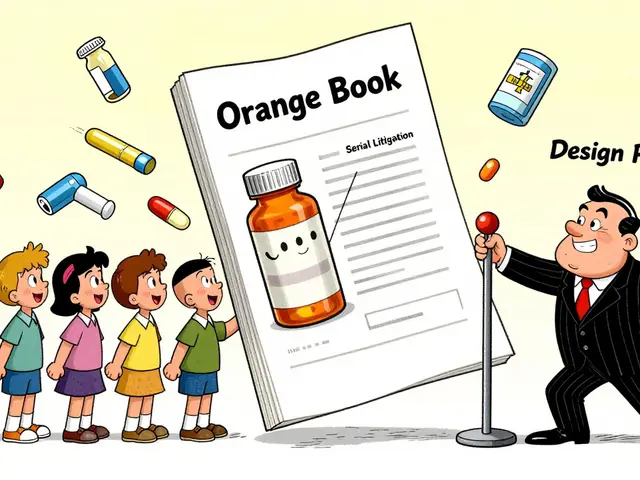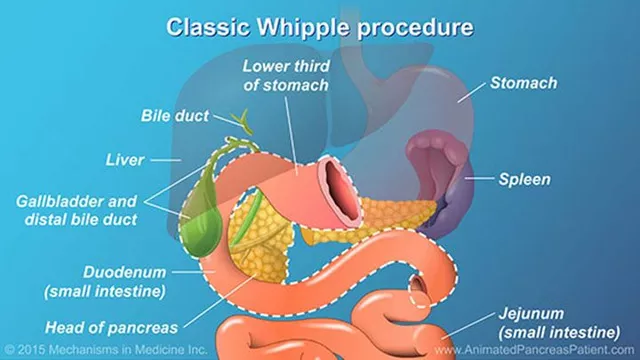Hypertension treatment: How to lower high blood pressure today
High blood pressure (hypertension) is common but controllable. If your doctor told you your pressure is high, you don’t need to panic. There are clear steps—some you can start today—that make a real difference.
Common Medications Explained
When lifestyle changes aren’t enough, medicine helps. Here are the main drug types and what they do in plain terms:
- ACE inhibitors (like lisinopril): relax blood vessels so blood flows easier.
- ARBs (like losartan): similar to ACE inhibitors, often used if ACEs give you a cough.
- Calcium channel blockers (like amlodipine): reduce the force your heart needs to pump.
- Thiazide diuretics (like hydrochlorothiazide): help your body get rid of extra salt and water.
- Beta blockers (like metoprolol): slow your heart and lower pressure, useful for some heart conditions.
Your doctor picks one or a combo based on your age, other health issues, and how high your numbers are. Side effects happen—ask about the common ones and what to watch for.
Practical Steps You Can Start Today
Medications matter, but so do daily habits. Try these practical changes: cut salt (aim for under 2.3 g sodium daily), eat more vegetables and whole grains, lose extra weight if you can, and move at least 30 minutes most days. Even brisk walking helps. Limit alcohol, stop smoking, and aim for 7 hours of sleep a night.
Small swaps work: use herbs instead of salt, pick grilled or steamed foods, and choose water over sugary drinks. Track what you eat for a week—you’ll spot easy wins.
Home blood pressure monitors are cheap and useful. Take readings at the same time each day, sit quietly for five minutes first, and record the numbers. Bring the log to appointments so your doctor can see trends, not one-off spikes.
If your blood pressure stays high on two drugs, your doctor may add a third or check for a cause like sleep apnea, kidney disease, or a medication that raises pressure. That’s called resistant hypertension and it’s manageable with the right tests and changes.
Pregnancy needs special care—many blood pressure drugs aren’t safe for pregnant people. Tell your provider if you’re pregnant or planning to be.
Know when to get help: if your blood pressure shoots very high (for example, systolic over 180 or diastolic over 120) and you have chest pain, severe headache, vision change, or shortness of breath, seek emergency care.
Want a simple plan? Start with home monitoring, cut salt, move more, and talk to your doctor about one affordable medicine. Consistent small steps add up and lower your risk of heart attack, stroke, and kidney problems. You can control this.





